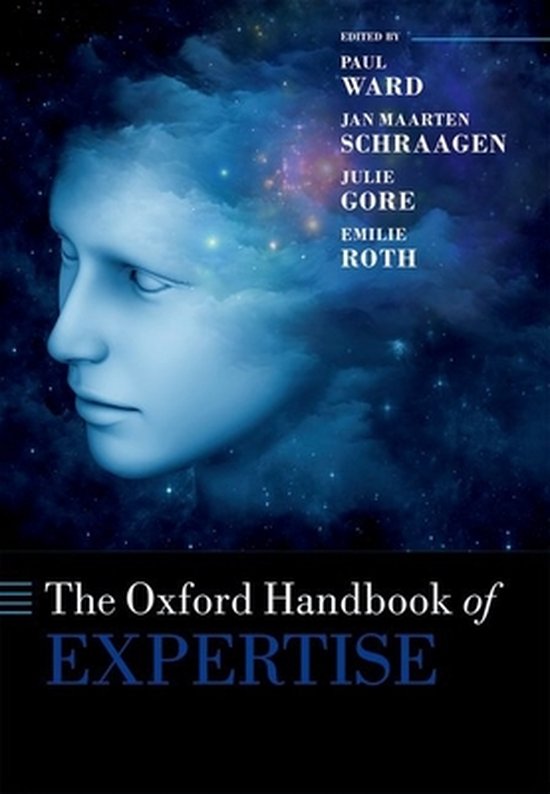
The Oxford Handbook of Expertise
The Oxford Handbook of Expertise provides a comprehensive picture of the field of Expertise Studies. It offers both traditional and contemporary perspectives, and importantly, a multidiscipline-multimethod view of the science and engineering research on expertise.
The study of expertise weaves its way through various communities of practice, across disciplines, and over millennia. To date, the study of expertise has been primarily concerned with how human beings perform at a superior level in complex environments and sociotechnical systems, and at the highest levels of proficiency. However, more recent research has continued the search for better descriptions, and causal mechanisms that explain the complexities of expertise in context, with a view to translating this understanding into useful predictions and interventions capable of improving the performance of human systems as efficiently as possible. The Oxford Handbook of Expertise provides a comprehensive picture of the field of Expertise Studies. It offers both traditional and contemporary perspectives, and importantly, a multidiscipline-multimethod view of the science and engineering research on expertise. The book presents different perspectives, theories, and methods of conducting expertise research, all of which have had an impact in helping us better understand expertise across a broad range of domains. The Handbook also describes how researchers and practitioners have addressed practical problems and societal challenges. Throughout, the authors have sought to demonstrate the heterogeneity of approaches and conceptions of expertise, to place current views of expertise in context, to show how these views can be used to address current issues, and to examine ways to advance the study of expertise. The Oxford Handbook of Expertise is an essential resource both to those wanting to gain an up-to-date knowledge of the science of expertise and those wishing to study experts.
The study of expertise weaves its way through various communities of practice, across disciplines, and over millennia. To date, the study of expertise has been primarily concerned with how human beings perform at a superior level in complex environments and sociotechnical systems, and at the highest levels of proficiency. However, more recent research has continued the search for better descriptions, and causal mechanisms that explain the complexities of expertise in context, with a view to translating this understanding into useful predictions and interventions capable of improving the performance of human systems as efficiently as possible. The Oxford Handbook of Expertise provides a comprehensive picture of the field of Expertise Studies. It offers both traditional and contemporary perspectives, and importantly, a multidiscipline-multimethod view of the science and engineering research on expertise. The book presents different perspectives, theories, and methods of conducting expertise research, all of which have had an impact in helping us better understand expertise across a broad range of domains. The Handbook also describes how researchers and practitioners have addressed practical problems and societal challenges. Throughout, the authors have sought to demonstrate the heterogeneity of approaches and conceptions of expertise, to place current views of expertise in context, to show how these views can be used to address current issues, and to examine ways to advance the study of expertise. The Oxford Handbook of Expertise is an essential resource both to those wanting to gain an up-to-date knowledge of the science of expertise and those wishing to study experts.
| Auteur | | |
| Taal | | Engels |
| Type | | Hardcover |
| Categorie | | Onderwijs & Didactiek |